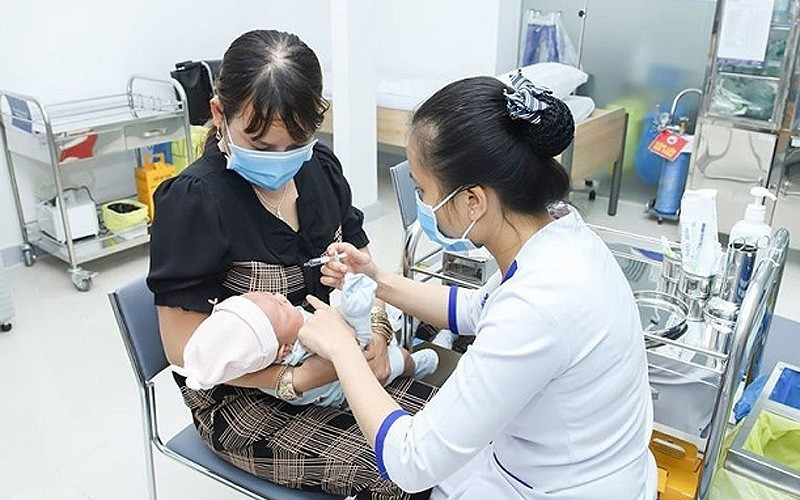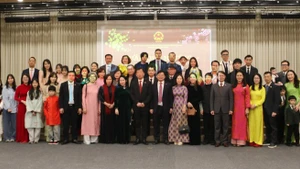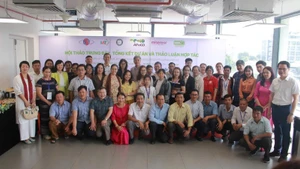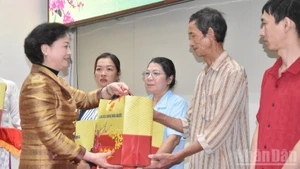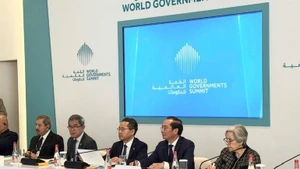For more than three decades, vaccines have played an important role in reducing morbidity and mortality in children under 5 years of age. And for many years, Vietnam has always been considered a bright spot in the world, in terms of implementing an expanded vaccination programme, helping to prevent diseases for millions of children and also preventing deaths for hundreds of thousands of children.
However, the emergence of the COVID-19 pandemic has become a challenge for all countries in the world, in maintaining activities to cover routine immunisation for children. About 67 million children worldwide have missed their routine vaccinations.
Some diseases that can be prevented by vaccines such as measles, and polio, are now breaking out in some countries. In Vietnam, there has also been a large decline in childhood immunisation rates, and Vietnam is also among the countries with a high number of unvaccinated children worldwide. Many of the world's leading organisations in health protection have recommended that countries urgently take measures, to ensure that all children have access to essential vaccines.
Increasing the proportion of children who are fully vaccinated with the vaccines in the immunisation programme, will help preserve the achievement of children's disease prevention, as well as prevent disease outbreaks that can be prevented by vaccines.
To improve the vaccination rate for children, it is necessary to ensure two factors that play an important role, that is, providing enough vaccines for the expansion of vaccine coverage and ensuring vaccination safety. However, after switching from the centralised ordering mechanism of the Ministry of Health, to allocating to localities to letting them bid for themselves, many provinces and cities are facing many difficulties and obstacles in the procurement process, in providing vaccines for the expanded immunisation programme.
Currently, some vaccines under the expanded vaccination programme are provided by order, so there is no supplier, and no price declaration, so they are not eligible for bidding and purchasing, causing many difficulties for localities.
At a recent meeting, Deputy Prime Minister Tran Hong Ha asked the Ministry of Health to consider and have a plan to place orders or national-level centralised bidding and negotiate prices, so that localities can have a basis for procurement to overcome a shortage of vaccines for expanded immunisation.
On the other hand, vaccination safety procedures should be strictly followed at the implementing units; staff involved in vaccination should be retrained in case of necessity. The implementation of vaccination safety procedures should also be reviewed at all vaccination facilities throughout the country.
Each unit and medical staff when injecting vaccines should comply with the "3 checks, 5 screening" rule, including: Checking the patient's name, drug name, and dose; reviewing drug labels, time of administration, quality of drugs, route of administration, number of beds and number of rooms.
In addition, all vaccinated people must undergo screening to detect abnormalities, and at the same time ensure that the vaccinated person is healthy enough to receive the injection, minimising post-injection reactions.
